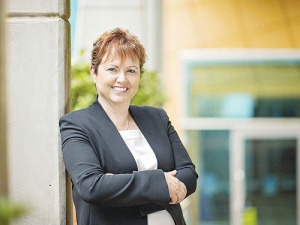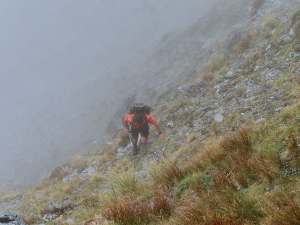Massey University is to create a new standalone vet school, separating it out from the present Institute of Veterinary, Animal and Biomedical Sciences.
The non-veterinarian functions will be merged into the existing Institute of Agriculture and Environment headed by Professor Peter Kemp and renamed the School of Agriculture.
The new vet school is expected to have at least 1000 students and 260 staff and will come into being in the 2018 academic year. Both schools will come under the College of Sciences headed by pro vice-chancellor Prof Ray Goer.
Geor says Massey has a proud history in agriculture and is a recognised global leader in sustainable agriculture and food systems.
“Establishing separate schools of agriculture and veterinary science are small things in terms of the label, but actually it’s big because it sends messages about what we want to be and how we want to grow and where our strengths are,” he told Rural News.
“Underneath that, of course, we want to make sure everyone is able to be their very best and we can continue to get the great outcomes we have had in the past.”
Massey chancellor Professor Jan Thomas says the aim is to ensure that agriculture and veterinary science are not diluted in any way because both are critical for the success of the primary sector. She says one of the great things about Massey University is that it has world-class experts in all facets of the primary sector value chain – soil, animal and pasture production, precision agriculture, the environment and food technology. Thomas says such expertise will enable Massey to play a major role in serving the primary sector.
“We want to build on our heritage and success in these areas and further develop our strengths to meet the changing needs of the sectors.
“Agriculture at Massey is big and integrated across the university. We have expertise across the food value chain including in pastoral-based animal production, plant and soil sciences, horticulture, genetics, water quality, animal health, agri-technology and farm business management,” Thomas says.










